5 Fun Ways to Boost Your Child’s Vocabulary
Does the number of words a toddler say matter in the end?
Yes, it does!
Studies show that the size of a child’s vocabulary links directly to their ability to read, think, and learn, and later school achievement.
Like a house, the brain is also built on a strong foundation. According to research, children’s brain cells form more robust and more complex connections (synapses) as they grow and develop. The quality of experiences in your child’s first few years of life shapes their brain development.
However, schools are not the only places to learn, and teachers are not the only people with the mandate to teach. Remember, home is where children learn their first words. Therefore, as a parent, your active involvement in your child’s vocabulary acquisition is very significant.
So, what strategies will you adopt to boost your child’s vocabulary?
Keep reading to find out!
1. Hold Long, Two-Way Conversations With Your Child Often
The more kids involve themselves in interactive conversations, the more they learn oral language and vocabulary. Therefore, try to create quality time to talk to your child encouraging them to articulate their thoughts and feelings.
Monologue conversations will never do your child any good. Try to get them to explain everyday experiences and how they feel about them. You can engage with your child in some of the following ways:
- Ask them open-ended questions like how was school today?
- Ask for their opinion. For example, I think it’s about to rain. What should we do?
- Discuss the day’s events with them.
- Read aloud to them and prompt them to finish some sentences for you.
Again, one-time conversations are never enough. Your child needs to encounter the new vocabulary more than once for it to be embedded into their long-term memory. With that said, you should constantly talk to your child to foster learning.
2. Encourage Them To Read Books and Reading Materials
If billionaires wanted to share their secret to success with a few people globally, they would put that information in books.
Do you know why? Most people don’t read books!
Yes, we are in the digital era. But books are still the best sources of knowledge. Children can learn a broad range of words that we use to converse daily from books.
What’s more, there is plenty of reading material around us that can be used to learn new words. For instance, your child can learn the word ‘fuel’ from a car handbook, ‘ingredient’ from a cereal packet, and ‘cheerleader’ from a sports magazine.
3. Involve Your Child
Gone are the days of gender inequality in daily activities. Do women always have to cook? Or do men have to do the ‘hard’ stuff like carpentry and mechanics?
Despite your child’s gender, try to involve them in all indoor and outdoor activities.
If your child assists you in the kitchen, they will get familiar with vocabulary like measure, bake, steam, etc. In the garden, they will learn about weeding, pruning, watering, and more. While doing laundry, they will understand terms like rinsing, washing powder, laundry basket, machine wash, etc.
A leisurely walk around the neighborhood can also help your child get familiar with new words. For example, you can discuss different modes of transport based on which vehicles pass by.
4. Use Synonyms and Homonyms
One word can have different meanings or the same meaning as another one. You can always introduce your child to new and fancier terms to boost their understanding of what others say, to articulate and write more engagingly.
Besides, do not always pick the easy words to communicate with your child. Expose them to more difficult ones to sharpen their brain. For instance, you can use the words ‘content’ or ‘jolly’ in place of ‘happy’.
5. Explain Away
For each word you mention to your child for the first time, be sure to provide a detailed description of its meaning. And that doesn’t mean you should use a dictionary all the time.
No!
Definitions from dictionaries may include unfamiliar words, which may complicate things even further.
So instead, maximize on using contextual clues and examples. You can ask your child to think of anyone in the family, friends, or neighbours who can be associated with a particular word. For example, Uncle Rahul may match the description of a doctor, or a specific family may suit the word ‘fortunate.’
Instead of verbal explanations, you can also visualize the words on paper through drawings. For example, you can represent the word reluctant by sketching a person standing at the edge of the pool with only one toe in the water.
Hope you found some of these suggestions useful! However, be sure not to be too hard on your child or compare them to other children. Learning new words comes naturally and at a different pace for every child.



